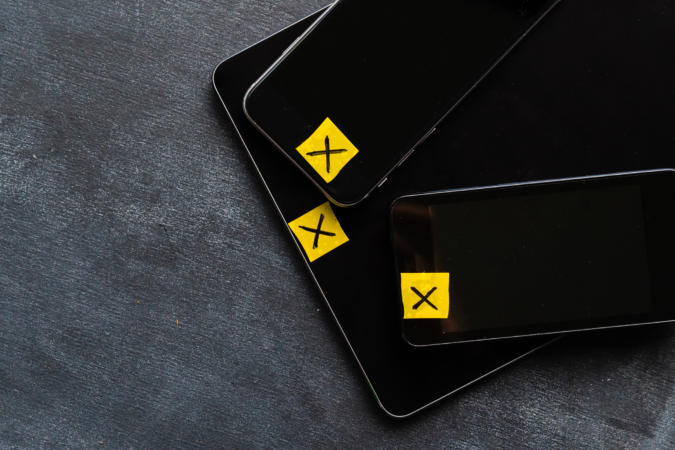In 2016, when FBI Director James Comey conducted a question-and-answer session on privacy at Kenyon College, one of his revelations baffled the audience. Comey admitted to covering his laptop’s webcam to ensure privacy, and encouraged others to do the same. Some thought it ironic, coming from a federal agent whose work involved the very infiltration of privacy.
In the three years since Comey’s initial warning, the information security landscape has changed dramatically. Not only did a presidential election make Americans think twice about online security threats and the ramifications of hacking in politics, but major breaches at well-respected companies such as Target, Equifax, and Facebook also revealed the impact on our wallets and on our identity. While many can imagine what hackers could want with your personal and account information, it may be harder to discern how your webcam video feeds and sound bites could prove valuable.
Hackers can actually use a Remote Access Tool to capture video and sound recordings from your device, whether it’s a desktop, laptop, tablet, or phone. Once you respond to a seemingly innocuous message by clicking a link, the malware is dispersed throughout your system, recording your key strokes, password entry, and camera activation without warning. The information can then be used as a means of ransomware, as the hacker reveals your private images or footage to you and requests payment to cease distribution. Hackers can even make money when selling this information online, where predators will pay as much as $1 per each image or video segment of a woman or $1 per 100 such segments of men.
While there may never be a way to stop hackers from taking your wallet and your dignity, Bustle suggests being especially vigilant about your phone, since it covers more ground than your laptop. That includes monitoring your phone’s battery life and bill for suspicious changes, as well as creating a strong password, to help avoid a potential catastrophe. Of course, this is in addition to covering your webcam. After all, Mark Zuckerberg covers his, too.

